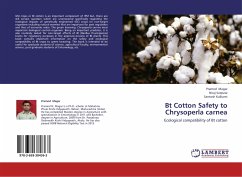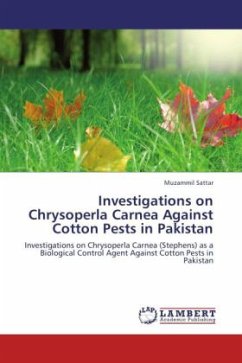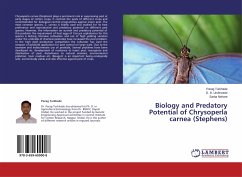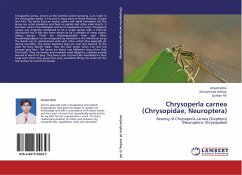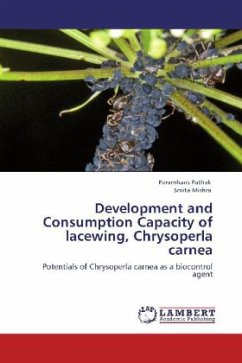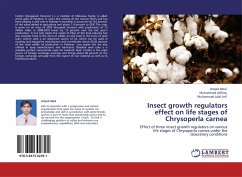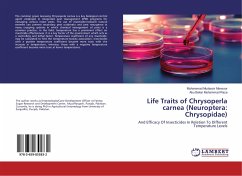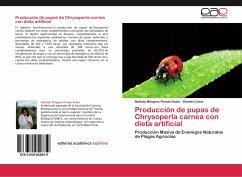GM crops or Bt cotton is an important component of IPM but, there are still certain question which are unanswered specifically regarding the ecological impacts of genetically engineered (GE) crops on non-target organisms including natural enemies that are important for pest regulation and thus of economic value. The green lacewing, Chrysoperla carnea most important biological control organism. Being an important predator, it is also routinely tested for non-target effects of Bt (Bacillus thuringiensis) toxins for regulatory purposes in the approval process of Bt plants. This book contains important information on the safety and ecological compatibility of Bt crops to green lacewing. The book is intended to be useful for graduate students of science, agricultural faculty, environmental science, post graduate students of Entomology, etc.
Bitte wählen Sie Ihr Anliegen aus.
Rechnungen
Retourenschein anfordern
Bestellstatus
Storno

